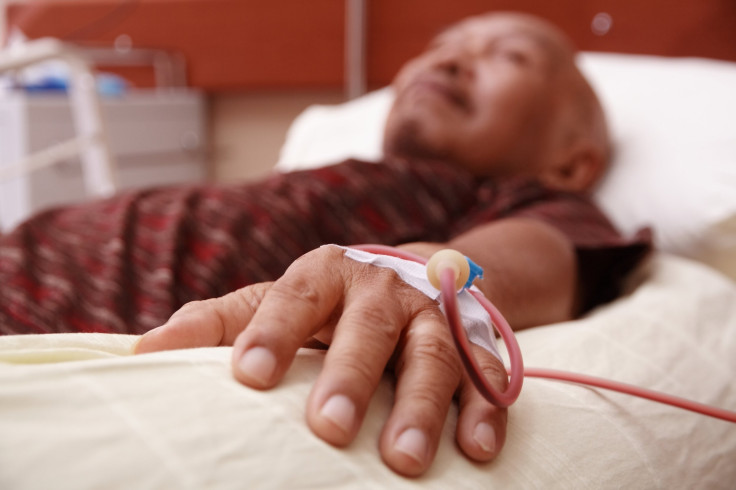Blood Of Ebola Survivors May Help To Save Patients In West Africa, Doctors Say

Treatment options for the Ebola virus are limited. Though five of the seven Ebola patients who were treated with the experimental ZMapp serum were released from the hospital, two did not survive, and now the drug's limited reserves have run completely dry. Aside from keeping patients hydrated, doctors have suggested strengthening the immune system of Ebola patients by giving them blood infusions from Ebola survivors. Although the procedure sounds strange, and perhaps even gruesome, many feel it just may work.
When the human body comes under attack by a virus, the immune systems sends out antibodies to combat the imposing force. Sometimes these antibodies are not enough to overcome the virus, but in the case of survivors, the antibodies will remain in the blood and offer the individual permanent immunity. According to CBS News, theoretically, by transfusing the blood from Ebola survivors to those currently suffering from the virus, you would also be passing on these defensive antibodies. "This is something that's fairly simple to do," Dr. Peter Piot, director of London's School of Hygiene and Tropical Medicine and the co-discoverer of the Ebola virus, told CBS News. "Though easy to be done, the real question is, will it work?
Historically, this method has worked best in diseases where there’s a toxin, such as anthrax and tetanus, CBS News reported. There are not many documented cases of blood transfusions being done on Ebola patients and absolutely no proof that the procedure will actually work, but according to Dr. Colin Brown, a clinician who recently worked with Ebola patients in Sierra Leone, “as long as they are not harmful, why shouldn’t we try to do something, hopefully help some patients, and learn from this?”
World Health Organization blood supplies are fully stocked and prepared to anticipate Ebola blood transfusions, if need be. There are stores of blood from thousands of Ebola survivors from both this current outbreak and those of the past. Although the blood will need to be tested for illnesses, such as HIV and malaria, before being administered to patients, donations could be easily given to those who need them.
Tom Giesberts, an Ebola expert at the University of Texas Medical Branch at Galveston, explained to CBS News that if blood donations were used, it might be a good idea to measure the amount of antibodies in each supply rather than randomly administering transfusions. "With drugs, you can at least do some quality control," he said. "If you're just taking blood blindly from (survivors) without testing it for antibody levels, how can we predict what outcome they will have?"
Published by Medicaldaily.com



























